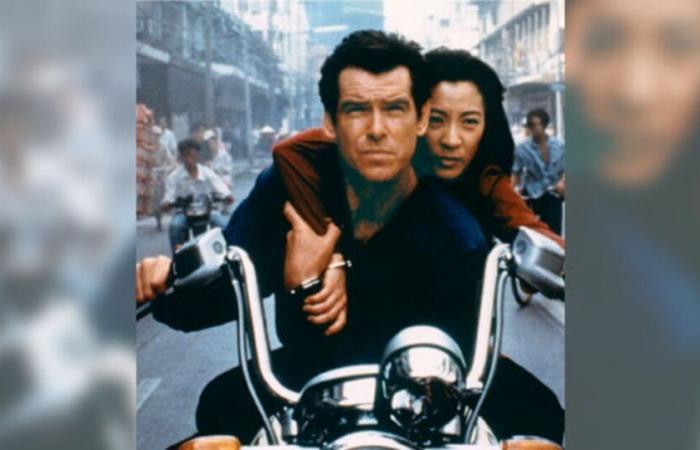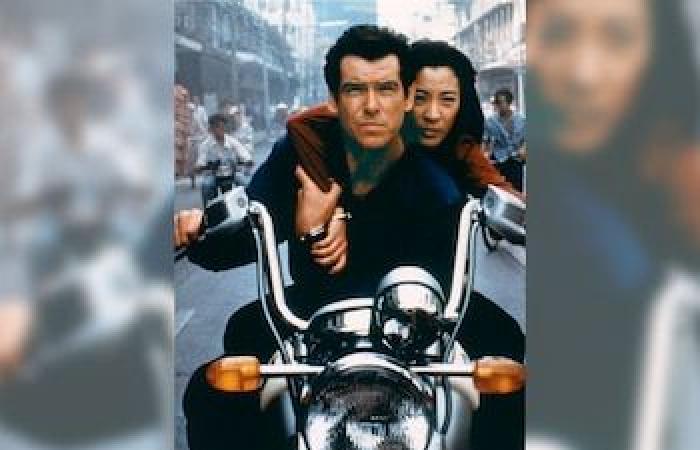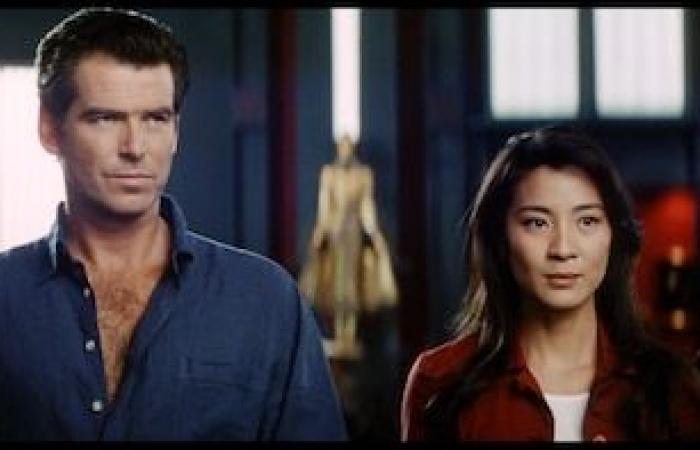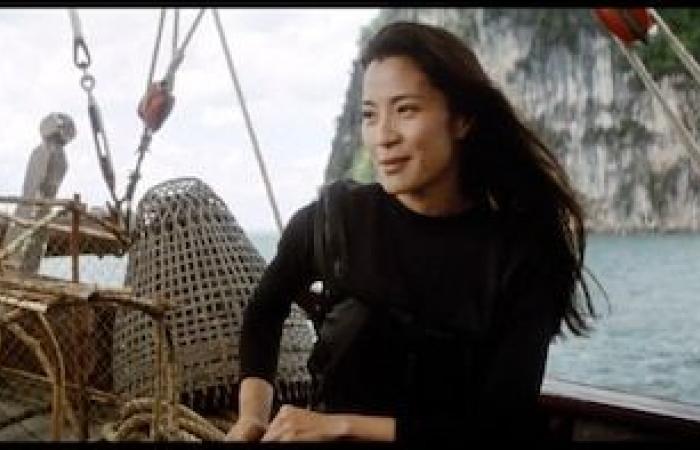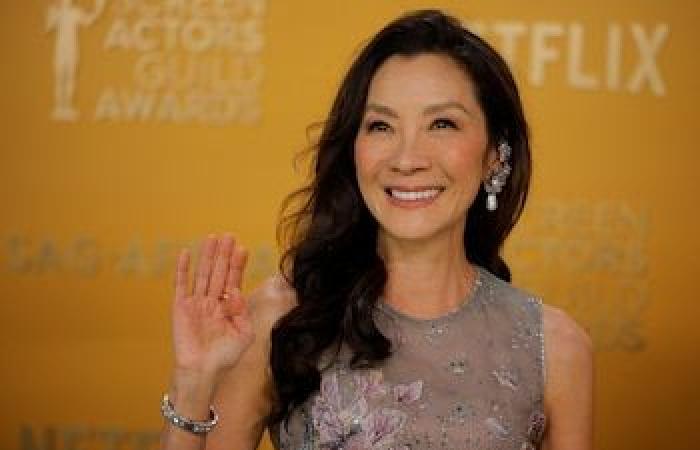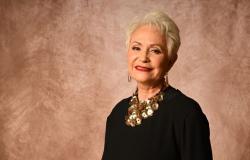For decades, the franchise of James Bond It has been synonym for elegance, espionage and global action. But it has also perpetuated a rigid formula: The female presence, represented by the so -called “Bond girls”, used to limit yourself to a single film. Michelle Yeoh He challenged that tradition with dignity and decision, rejecting an offer that could have brought it back to the saga, but only as a passing memory.
As reveals Far Outsince its inception in the 60s, the Bond saga has offered its female protagonists a space as short as predictable. Most of these characters were conceived to contribute sensualitywithout narrative continuity or subsequent development. The tradition dictated that, except exceptions such as Moneyplate or the character of M played by Judi Denchwomen did not return to future deliveries.
Among the few who broke with this rule are Eunice Graysonwhich embodied Sylvia Tank in Dr. No (1962) y From Russia with love (1963), and more recently Léa Seydouxwho played Madeleine Swann in Spectre (2015) y No time to die (2021).
Others like Maud Adams y Martine Beswick They acted twice, but in different papers. Nikki van der Zylon the other hand, he contributed his voice to multiple female characters, without appearing on the screen.
In that codified context, Michelle Yeoh surprised the public with his interpretation of Wai No Lin in Tomorrow never dies (1997), next to Pierce Brosnan. Unlike many of its predecessors, the character avoided traditional stereotypes. Far from being a mere romantic interest, Wai Lin was presented as a Highly trained Chinese intelligence agent, with own initiative and combat skills at the protagonist level.

Its appearance was celebrated as a step towards a more active and autonomous female representation within the franchise. It was one of the few cases where a “Bond girl” seemed to have the right profile to continue beyond a single adventure.
-Five years after the premiere of Tomorrow never diesthe producers planned the twentieth movie of the saga, Another day to die (2002), with the intention of commemorating the 50th anniversary of the franchise. The director Lee Tamahori revealed in an interview with Cinema Blend that a scene in Hong Kong had been conceived that offered the perfect opportunity for the return of Wai Lin, even if it was briefly.
Tamahori explained that the team flew to Hong Kong to meet with Yeoh and discuss his participation. Although it was a cameo, the role would not be entirely insignificant, but a way of establishing a bridge with a previous delivery. However, the actress refused.

The remarkable thing about his decision was that, despite being available – his next project, THE SECRET OF THE TALISMANhis filming had already finished – Yeoh did not accept the role. The reason, according to Tamahori, was his desire not to be reduced to a superficial appearance that would not contribute anything to the character’s development.
After the international success of The tiger and the dragon (2000), the actress had consolidated her image as a key figure of action cinema and did not want to go back to a testimonial role. For her, participate in Another day to die Without a substantial function it was equivalent to a free gesture that did not justify its presence.

Michelle Yeoh’s refusal contrasts with the history of the franchise, where many actresses agreed to return in order to maintain a link with the Bond Universe, regardless of how brief or superficial its role was. Instead, Yeoah chose to take care of Wai Lin’s narrative integrity, reaffirming its autonomy inside and off the screen.
His decision, although unusual in the context of a franchise marked by unilateral decisions of the studies, marked a precedent. Wai Lin did not return, but it wasn’t forgotten either. His absence reaffirmed his value as a solid character, not as a circumstantial ornament.

